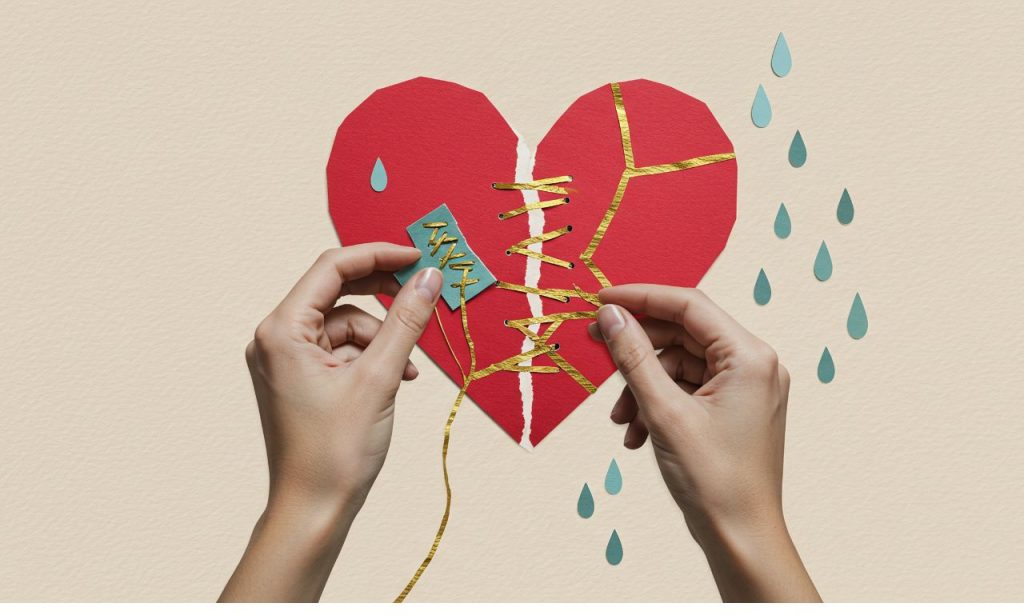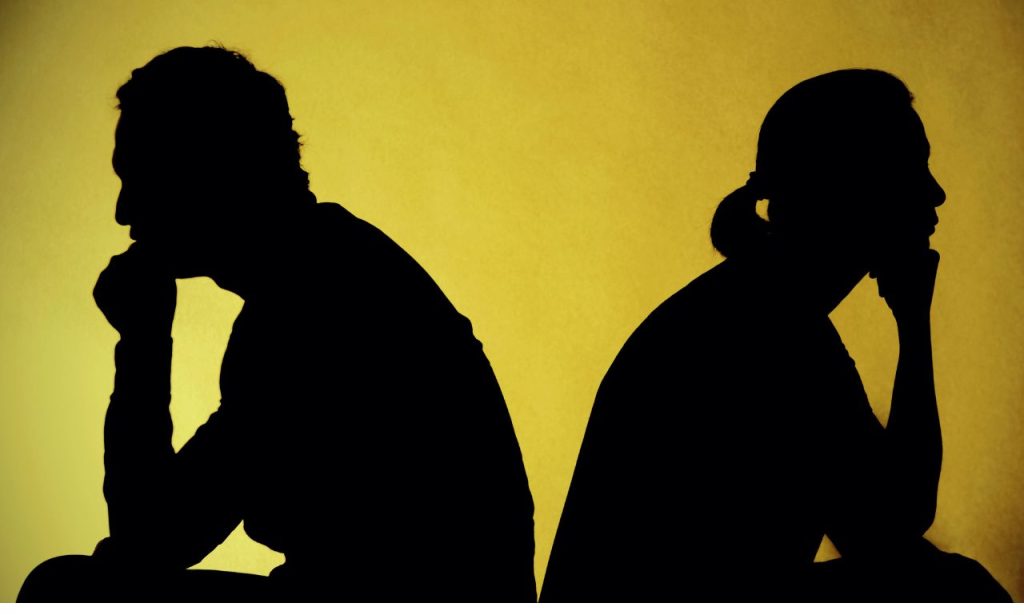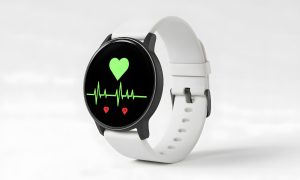Let’s face it — breakups hurt. Whether it’s a five-month fling or a ten-year commitment, the end of a relationship can feel like a storm that’s ripped through every part of your life. You wake up to silence where laughter once lived. The texts stop. The rhythm changes. And suddenly, you’re left asking, What now?
But here’s the truth: every ending carries the seed of a new beginning. Learning how to emerge from a relationship stronger than ever when it ends isn’t about pretending it didn’t hurt; it’s about embracing the lessons learned. It’s about transforming that pain into power. You can rebuild, not just to your former self, but into a wiser, more grounded, more resilient version of you.
In this guide, we’ll break down the process of healing, rediscovering your true self, and rewriting your story with strength and self-respect. You’ll see that this isn’t just recovery — it’s reinvention.
Embracing the Immediate Healing Process
Healing doesn’t start with “moving on.” It begins with feeling. When you try to skip the pain, it only festers beneath the surface. Research from the Journal of Positive Psychology found that, on average, it takes around 11 weeks for people to start feeling significantly better after a breakup. That’s not just a coincidence — it’s the body and brain recalibrating after emotional withdrawal.
At first, you may feel lost. That’s normal. Let yourself grieve what was. Cry. Write about it. Talk it out with trusted friends. Don’t rush the process. Imagine your heart like a muscle — it rebuilds stronger after being torn, but only if given time to repair.
Also, avoid the rebound trap. Jumping too quickly into another relationship is like putting duct tape over a leaking pipe. It might hold for a while, but it won’t fix the underlying issue. Instead, channel that energy into yourself — the person who’s been waiting for your attention all along.
Deep Dive into Self-Reflection and Understanding

Once the initial storm has passed, clarity begins to emerge. This is when you start asking more profound questions. What role did I play in the relationship? What patterns keep showing up? What did this experience teach me about love, trust, and communication?
Self-reflection is where growth happens. Journaling is a powerful tool here — it gives your thoughts a voice and helps you connect dots that emotions often blur. You may realize that your boundaries were too loose, or perhaps you gave more than you received. Recognizing this isn’t about self-blame — it’s about awareness.
As psychotherapist Esther Perel says, “The quality of our relationships determines the quality of our lives.” By examining what went wrong, you learn how to create healthier dynamics in the future. Think of this phase as emotional detox — you’re clearing out old belief systems to make room for new ones.
Unpacking the “Why”
There’s always a why. Relationships don’t just fall apart out of nowhere. Sometimes, it’s misaligned values; other times, it’s emotional disconnection, timing, or personal growth pulling two people in different directions. Whatever the reason, understanding it matters.
Ask yourself — what was really happening beneath the surface? Did communication break down? Was there avoidance, resentment, or unmet needs? Be brutally honest with yourself when you identify the “why,” you take control of your story. You stop being a passive character and start becoming the author.
Here’s a fascinating insight from relationship researcher Dr. John Gottman: most relationships don’t end because of big fights, but because of emotional neglect — those small, repeated moments when partners stop turning toward each other. Recognizing that pattern can help you protect your heart next time.
Identifying Personal Wounds and Growth Edges
We all carry emotional bruises from childhood, past relationships, or unspoken fears. These wounds often shape our connection with others. For example, if you fear abandonment, you might cling too tightly to others. If you fear rejection, you might pull away first. The end of a relationship brings these patterns into the spotlight.
Healing starts with acknowledgment. Therapy, mindfulness, and honest self-reflection are essential tools. When you identify your triggers, you gain the power to change your responses. You begin to see that not every conflict was about them — sometimes it was about old pain resurfacing.
One powerful exercise? Write a letter to your younger self. Tell them they’re safe now, that they can love again without fear. It may sound simple, but this form of inner re-parenting is profoundly healing. Remember — emotional maturity isn’t about perfection. It’s about self-awareness and self-accountability.
Redefining Your Needs and Wants for Future Connections
Breakups are mirrors. They show you what you truly value and what you can no longer tolerate. This is the time to redefine your non-negotiables. You may have realized you crave emotional availability more than excitement. Or independence matters more than constant validation.
List out your needs — not as demands, but as reflections of who you are now. This clarity prevents you from repeating old mistakes. It also helps you attract people who match your energy rather than drain it. According to a 2023 Pew Research study, 65% of people say they’re happier single when they know what they want in future relationships. Clarity equals confidence.
As you redefine your relationship blueprint, remember — you’re allowed to evolve. The version of you before the breakup had different priorities. The new you has lived, learned, and earned the right to choose differently.
Actively Building a Stronger, More Resilient You
Coming out stronger isn’t just an emotional journey — it’s a physical and mental one too. Begin by focusing on habits that bring you back to feeling alive. Exercise, eat well, sleep deeply, and spend time outdoors. Your body holds onto stress, and movement helps release it.
Set small goals that rebuild confidence. Learn a new skill, travel somewhere alone, or take up a hobby you’ve abandoned for the sake of your relationship. These moments remind you of your independence and capability. You’re not just healing; you’re becoming unstoppable.
Resilience is like a muscle — the more you train it, the more natural it becomes. Every time you overcome a low day, you’re proving to yourself that strength isn’t about never falling apart. It’s about how gracefully you put yourself back together.
Developing Stronger Boundaries and Communication Skills
Boundaries aren’t walls; they’re doors with locks — you decide who enters and when. Healthy boundaries protect your peace, energy, and emotional stability. After a breakup, you often realize where your limits were crossed. This awareness becomes the foundation for future strength.
Learn to say no without guilt. Speak your truth without fear. Communicate your needs clearly, even when it feels uncomfortable. You’ll notice a shift — people start treating you based on how you treat yourself.
Research from the American Psychological Association suggests that individuals who practice assertive communication and establish clear boundaries tend to experience higher relationship satisfaction and lower emotional burnout. It’s proof that strength doesn’t come from guarding your heart; it comes from honoring it.
Stepping into Your Future Self
Now comes the fun part — becoming the next version of you. Think of this as your personal rebrand. The breakup was the crash; this is the rebuild. Who do you want to be when you walk into your next chapter?
Visualize your future self — confident, self-assured, emotionally balanced. What do they do differently? What habits or mindsets do they carry? The secret here is consistency. Show up daily as that person, even before you feel like them.
Transformation doesn’t happen overnight. But with every boundary honored, every goal achieved, and every honest conversation had, you step closer to the version of yourself that doesn’t just survive heartbreak — they thrive beyond it.
Optimizing Your Renewed Support System for Lasting Strength
No one heals in isolation. Surround yourself with people who challenge, uplift, and remind you of your worth. Reconnect with friends you may have drifted from. Seek mentors who embody the kind of emotional intelligence you admire.
Community is powerful. Studies from Harvard’s 85-year “Study of Adult Development” found that strong social connections are the most significant predictor of long-term happiness — even more so than wealth or fame. So, invest in people who see your light even when you forget it’s there.
Support systems aren’t just about emotional comfort. They keep you accountable. When your energy dips, your circle reminds you of your progress. Healing becomes collective, not solitary.
Approaching New Connections with Wisdom and Intention

When you finally feel ready to date again, do it from a place of curiosity, not desperation. New relationships aren’t meant to replace old ones; they’re opportunities to apply what you’ve learned. Take it slow. Listen more. Observe how you feel around them — peaceful or anxious?
Dating apps, social media, and endless “situationships” can make love feel transactional. But you’re different now. You’ve done the work. You know what peace feels like. Don’t trade it for temporary attention. When you approach love with wisdom, you attract partners who resonate with your frequency.
Remember, healing doesn’t mean building walls. It means setting standards so strong they filter out everything that doesn’t align with your worth.
Living with Inner Alignment and Purpose
The end of a relationship often redirects you toward your true path. Without the noise of compromise, you start hearing your inner voice again. What lights you up? What dreams did you shelve? This is your moment to align with your authentic self.
When you live in alignment, everything starts flowing — your career, friendships, health, and creativity all come together. You attract experiences that reflect your growth, rather than your wounds. That’s the real reward of heartbreak — it strips away what’s false and leaves behind what’s real.
Purpose turns pain into wisdom. It’s not just about “getting over” someone. It’s about getting closer to yourself.
Conclusion
Coming out of a relationship stronger than ever isn’t a fantasy — it’s a decision. It’s about using heartbreak as a stepping stone, not a setback. You’ve cried, questioned, and healed. Now, you’re standing taller, wiser, and ready to love again — starting with yourself.
So, if you’re wondering how to come out of a relationship stronger than ever when it ends, remember this: endings are redirections. Every heartbreak is an initiation into a higher version of you. Keep growing, keep learning, and trust that what’s next will be better because you are.
FAQs
It varies, but research suggests that around 11 weeks is required for noticeable emotional improvement. Healing depends on self-care and emotional processing, not time alone.
Acknowledge your feelings but redirect your focus. Fill your time with growth — learning, socializing, and exploring new interests. The longing fades as your self-awareness and connection strengthen.
Only if both have healed and boundaries are respected. If contact reignites pain or confusion, give yourself distance first.
You stop replaying the past, forgive without resentment, and feel peace whether or not you’re in a relationship.


